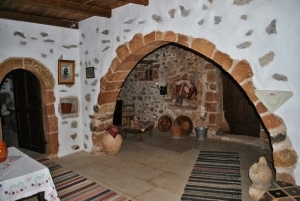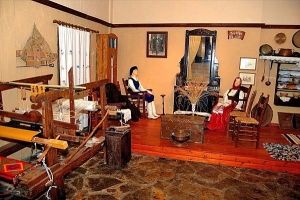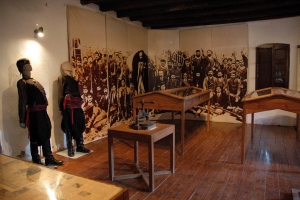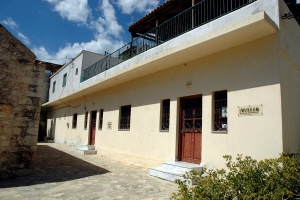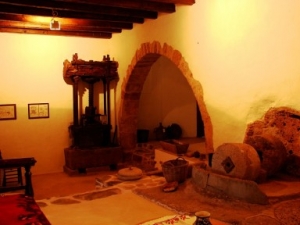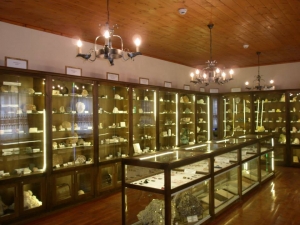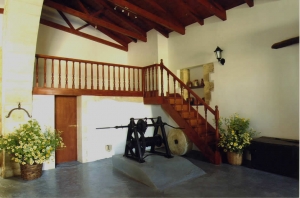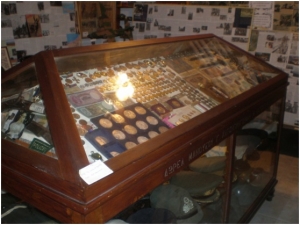The museum exhibits many objects and tools used by the older generations from the Turkish Era until ’60s. Some of these are rare folk art samples.
The museum of rural history and folk art is housed in the traditional settlement Arolithos since 1999. The collection includes objects of historical, folkloric and religious importance.
The historic village of Therisso was a seat of the Cretan rebels in 1905, under Eleftherios Venizelos, the most important Politician of Modern Greece. The headquarters of the Movement of 1905 house a relevant museum.
The Archaeological and Folklore Collection of Myrtos operates since 2001 and hosts mainly the collection of George Dimitrianakis. The archaeological exhibition includes some of the findings of the archaeological sites of Pirgos, Fournou Korifi, but also some other places of the region.
Next to the lush green Springs of Ano Zakros one can visit the Museum of Water and Hydraulic housed in three restored watermills since 2007.
The Folklore and Geological Museum of Zaros is located next to the church of St. George in Zaros and is housed in a traditional Cretan house. The Museum operates since November 2014.
In the central square of the village Chromonastiri is the old oil mill of Prinaris family, fully renovated, with all its old equipment that can work till today.





